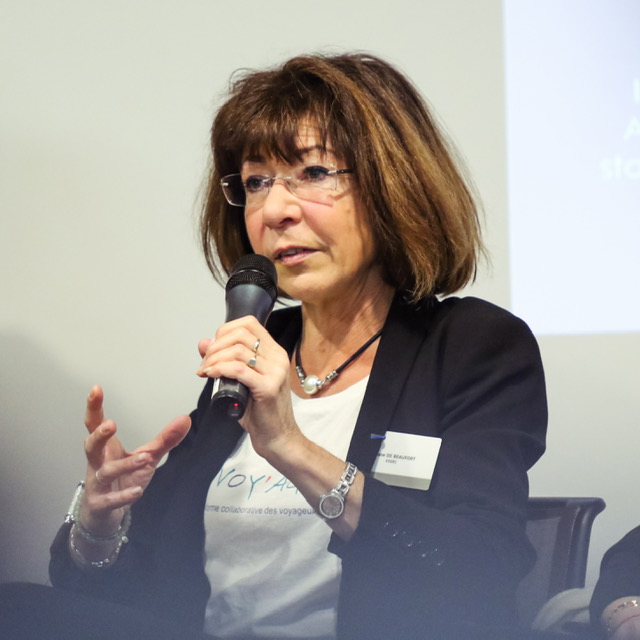
As is the case for countless working women, juggling seniority in a professional capacity alongside a healthy work-life balance is often easier said than done; many who are called up to executive management positions choose not to devote their lives to a promotion.
Increasingly aware of this phenomenon, I wanted to answer the question, ‘why do some women turn down promotions leading to professional leadership?’ Interviewing around 100 ESSEC Women Board Ready ESSEC alumnae, I looked for common themes that held women back from saying “yes!”.
When asked why they had turned down a promotion in the past or would reject one going forward, just under half of the respondents cited a desire to spend more time with family as a primary barrier, and that taking up more responsibility at work would prevent them from doing so. A total of 55% felt that they did not want their professional life to impede on a different life goal outside of work, highlighting an important underlying issue concerning the work-life balance.
All of these women had been offered a promotion on the basis of their talents, skills and experience. And yet, significantly, almost 36% of the respondents highlighted imposter syndrome as the primary demotivating factor in accepting a promotion; they would reject, or had rejected, a promotion because they were somehow feeling that they were still not qualified for the role.
Moreover, just under 60% felt that if they were to take up the role they would not have the sufficient independence to get on with their job. Four in five respondents felt that, despite continuing with a more high-ranking position, their seniority would not be reflected in reality.
The results highlight two major areas of concern: a woman in senior leadership may find her work schedule prevents a healthy work-life balance, and her seniority may not reflect in practice what was promised on paper. So, what changes can be made to address either concern?

Indeed, tackling these problems would not only be to the advantage of women but to all workers. We must first recognise the numerous gendered roles that women are continued to fulfil within society. Organisations must take note of the many widely-discussed remedies that would seriously help women in this context.
First, we must end rigid start-end working hours. Who’s to say that being able to adapt working hours around other commitments – (whether it be family or even health related) might not have allowed many of the women, who turned down a promotion for a different life goal, the flexibility to manage both? This is not a reduction in working hours, nor a decrease in responsibility, but rather the power to acclimatise the workload to the reality of their everyday. Equally as important, the ongoing shift towards hybrid working must not only continue, but increase.
Secondly, the survey reveals a specific request for a more autonomous working system filled with diverse talent from various career paths. To do this, employees much have the confidence of the management in the responsibilities they wish to undertake, in order to not self-compartmentalise their skill and block their ability to succeed.
Finally, grouped with the other two, women have to have support. Providing continuous and constantly available support can help all workers feel more prepared to take on challenges, and more open to acknowledging where we may need to improve ourselves.
Viviane de Beaufort is a full professor of European law at ESSEC Business School and an expert in public policy and lobbying, and a recognized spokesperson on Women Empowerment. She is the author of numerous books and articles on the institutional system and lobbying, in business law and corporate governance. Viviane runs the European Centre for Law and Economics (CEDE- Ceressec). She is responsible for ESSEC’s executive programs dedicated to the emancipation of women, including the Women Be Board Ready program, and is the school’s gender equality referent.

